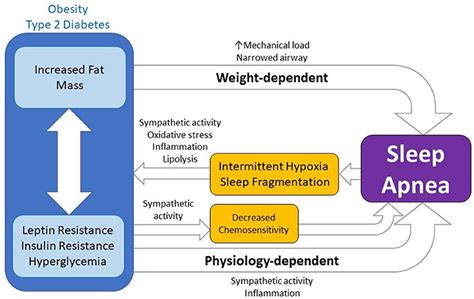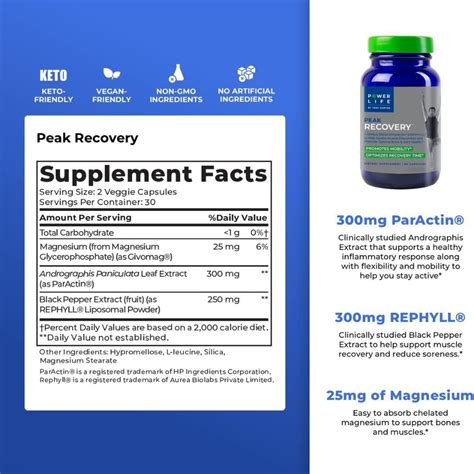Optimize sleep for peak recovery & performance gains?

The Unsung Hero of Athletic Success: Sleep
In the relentless pursuit of fitness and athletic excellence, countless hours are dedicated to training, nutrition, and supplementation. Yet, one fundamental pillar often remains underestimated and underutilized: sleep. Far from being mere downtime, sleep is a powerful, active process critical for physical recovery, cognitive function, and hormonal regulation, directly impacting your ability to perform at your best.
For athletes and active individuals, sleep isn’t just about feeling rested; it’s the period when the body repairs, rebuilds, and adapts to the stresses of training. Neglecting sleep can undermine even the most rigorous training regimens, leading to diminished performance, increased injury risk, and slower progress.

The Science of Sleep and Its Impact on Performance
During sleep, your body orchestrates a symphony of recovery processes. Deep sleep (NREM Stage 3) is particularly vital, often referred to as ‘slow-wave sleep.’ It’s during this phase that the body releases the majority of its Human Growth Hormone (HGH), crucial for muscle repair, growth, and fat metabolism. This is also when cellular repair mechanisms kick into high gear, clearing metabolic waste products accumulated during waking hours and intense exercise.
REM sleep, on the other hand, is essential for cognitive restoration, memory consolidation, and learning motor skills – all vital for athletic performance. Adequate sleep also regulates key hormones such as cortisol (stress hormone) and testosterone (anabolic hormone), maintaining a balance that promotes recovery and prevents overtraining.
Key Benefits of Prioritizing Quality Sleep
- Enhanced Muscle Repair & Growth: HGH release and protein synthesis are optimized, accelerating the repair of muscle tissue damaged during workouts.
- Improved Energy & Endurance: Restored glycogen stores and optimized mitochondrial function lead to greater energy availability and sustained performance.
- Faster Reaction Times & Cognitive Function: Better sleep sharpens focus, decision-making, and coordination, directly translating to improved athletic execution.
- Reduced Injury Risk: A well-rested body has better neuromuscular control, coordination, and tissue integrity, decreasing susceptibility to injuries.
- Stronger Immune System: Sleep deprivation compromises immune function, making athletes more prone to illness and longer recovery from sickness.
- Better Mood & Motivation: Adequate rest helps regulate mood, reduce stress, and maintain the mental fortitude required for consistent training.

Practical Strategies for Optimizing Your Sleep
Transforming your sleep habits requires consistency and attention to detail. Here are actionable steps to integrate into your daily routine:
1. Establish a Consistent Sleep Schedule
Go to bed and wake up at roughly the same time every day, even on weekends. This helps regulate your body’s natural circadian rhythm, making it easier to fall asleep and wake up feeling refreshed.
2. Create an Optimal Sleep Environment
Your bedroom should be a sanctuary for sleep. Ensure it’s dark, quiet, and cool (ideally between 60-67°F or 15-19°C). Blackout curtains, earplugs, and a white noise machine can be highly beneficial.

3. Develop a Relaxing Pre-Sleep Routine
Signal to your body that it’s time to wind down. This could include a warm bath, reading a book, gentle stretching, or meditation. Avoid screens (phones, tablets, TV) for at least an hour before bed, as blue light can disrupt melatonin production.
4. Mind Your Diet and Stimulants
Limit caffeine and alcohol, especially in the afternoon and evening. While alcohol might make you feel drowsy, it disrupts sleep quality. Avoid heavy meals close to bedtime, which can cause digestive discomfort.
5. Incorporate Regular Physical Activity
Exercise during the day can significantly improve sleep quality. However, intense workouts too close to bedtime can be stimulating, so aim to finish vigorous activity several hours before you plan to sleep.

Tracking and Adjusting Your Sleep
Consider using a sleep tracker (wearable device or app) to gain insights into your sleep patterns, including duration, sleep stages, and disturbances. While not perfectly accurate, these tools can provide valuable data to help you identify trends and make informed adjustments to your routine. Pay attention to how you feel each morning – your subjective experience is often the most important metric.

Conclusion: Sleep as Your Ultimate Performance Enhancer
Optimizing sleep isn’t a luxury; it’s a fundamental component of any serious fitness strategy. By prioritizing adequate, high-quality sleep, you unlock your body’s full potential for recovery, adaptation, and peak performance. Treat sleep with the same dedication you give to your training and nutrition, and you’ll experience profound improvements in your physical and mental well-being, accelerating your journey towards your fitness goals.







